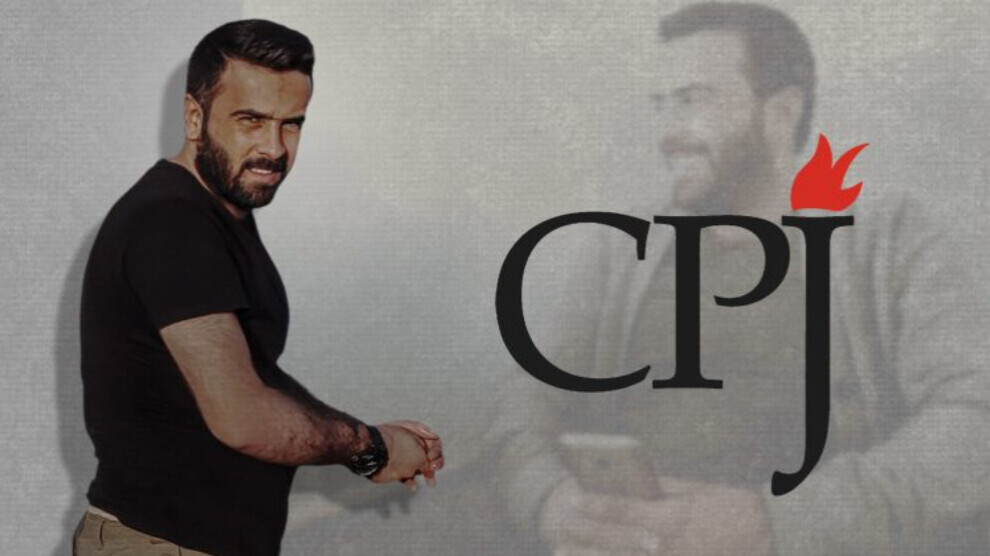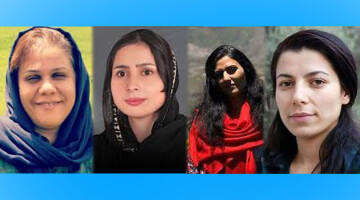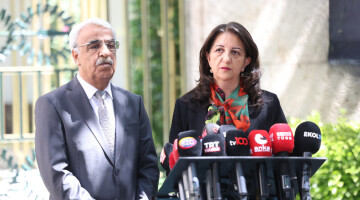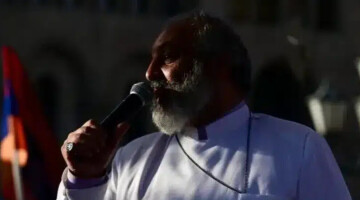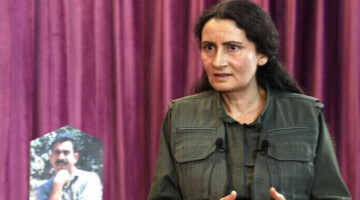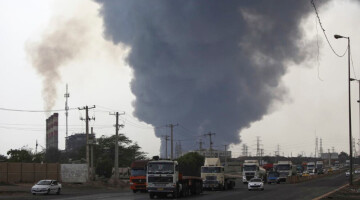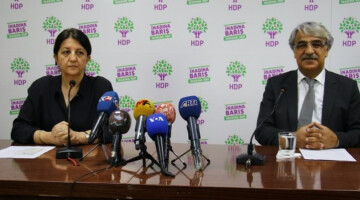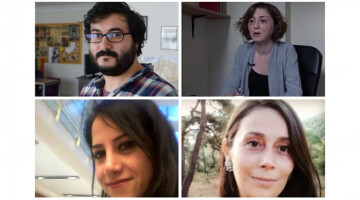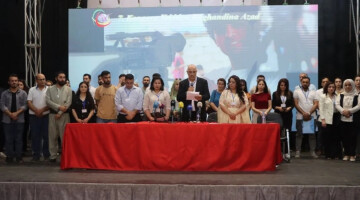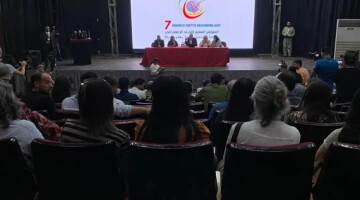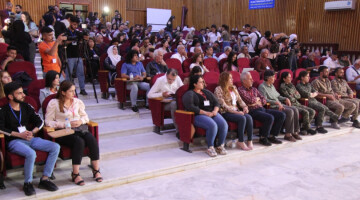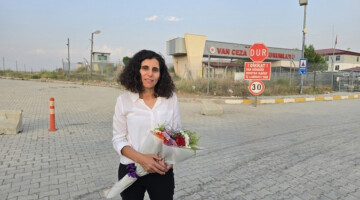Iraqi Kurdish authorities should immediately reveal the whereabouts of Syrian journalist Sleman Mohammed Ahmed, unconditionally release him, and stop harassing journalists, the Committee to Protect Journalists said Wednesday.
On October 25, Ahmed—an Arabic editor for the local news website RojNews—was arrested by Iraqi Kurdish authorities at the northern Faysh Khabur border and taken to an unknown location, according to news reports, the journalist’s brother Ahmed Mohammed Ahmed, and RojNews editor-in-chief Botan Garmiyani, who both spoke to CPJ.
The journalist’s brother and Garmiyani said that Ahmed was returning from a visit to his family in Syria when his family lost contact with him at Faysh Khabur, which is part of the Duhok Governorate.
“Iraqi Kurdish authorities should immediately disclose the location of Syrian journalist Sleman Mohammed Ahmed, drop charges against him, and release him unconditionally,” said CPJ’s Middle East and North Africa Program Coordinator Sherif Mansour, in Washington, D.C. “It is unacceptable that journalists in Iraqi Kurdistan regularly have to contend with all sorts of harassment, from illegal detentions to physical attacks. Iraqi Kurdish authorities should allow journalists to work freely and without fear of reprisal.”
The Security Directorate (Asayish), which is responsible for border security in Duhok Governorate, said in a statement on its Facebook page that Ahmed’s arrest had nothing to do with his journalism but was because of his “secret and illegal” work for the Kurdistan Workers’ Party (PKK).
CPJ has documented numerous incidents of journalists being attacked, arrested, or detained in Iraqi Kurdistan.
Ali Auni, head of the Duhok bureau of the Kurdistan Democratic Party, which controls Duhok Governorate, declined to comment.
CPJ’s phone calls to Zerevan Barushki, director of Asayish, did not receive a response.

